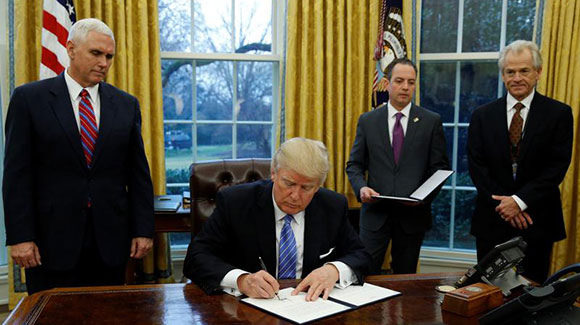|
||
 |
| After one full week in office, there is no longer room for doubt: the disturbing proposals that marked President Trump’s campaign are swiftly becoming reality.
Top members of Trump’s administration wasted no time this week baptizing lies with a new name: “alternative facts.” But in this dark new era of “post-truth,” you can count on Human Rights Watch to stand as a collective force for principle, fact, and reason. Here are a few facts we’d like to share: |
|
| This new wave of attacks threatens our core rights values. But we will not stay silent. We will continue to expose and defend the truth.
Today — and every day — Human Rights Watch will stand up for truth, analyze impacts of harmful policies, and hold President Trump to account. We’re all in this together. Thank you for standing with us when it’s needed most. Grace Meng |








